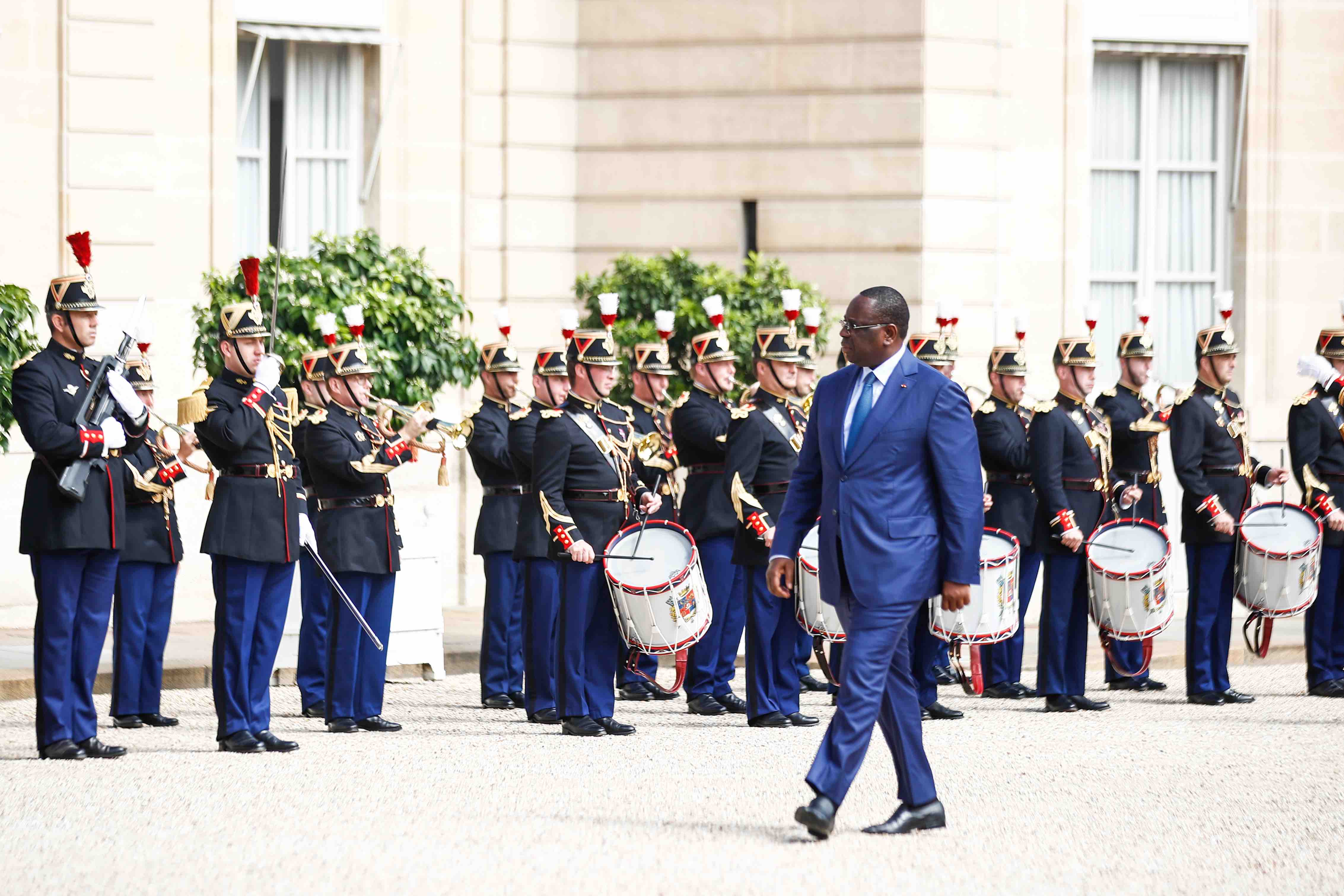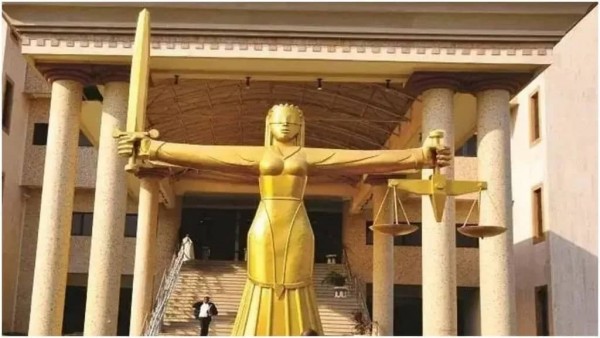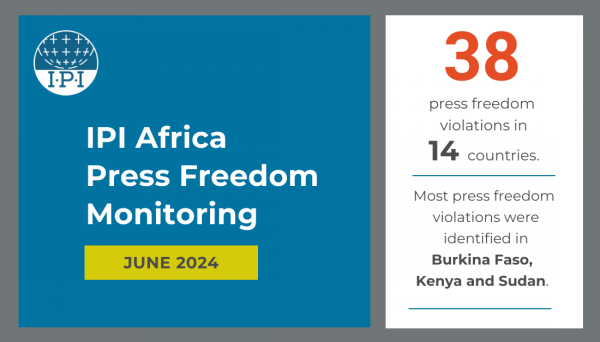The IPI global network calls on all parties contesting Senegal’s parliamentary election on July 31 to ensure the safety of journalists.
While the general media situation in Senegal is considered relatively free, recent incidents of press freedom violations amid socio-political unrest suggest the safety of journalists must not be taken for granted. Last year, media industry stakeholders, including the National Union of Media and Communication Professionals of Senegal (SYNPICS), organized a sit-in in front of the Ministry of Culture and Information to demand that authorities uphold press freedom and ensure the safety of journalists.
The upcoming election, which will see Senegalese voters elect 165 parliamentarians, follows the 2019 presidential election in which President Macky Sall was voted in for a second term. A recent local election for mayors and municipal authorities was held on January 23 of this year. The parliamentary election is expected to be dominated by one of two rival political parties’ coalitions, namely President Macky Sall’s Benno Bokk Yakaar (BBY) or Yewwi Askan Wi (YAW) led by opposition leader Ousmane Sonko.
2021 saw surge of socio-political protests and attacks on journalists
In 2021, a brutal crackdown on protests that rocked the country left more than a dozen protestors dead and several others injured. The internet was severely restricted with access to social media and messaging apps blocked as part of repressive measures adopted by the government. Journalists and media houses were not spared from threats, verbal assaults, and physical abuse from security forces and protesters. On March 6, 2021, Cheikh Gaye of Ouest TV was injured in the legs by security forces while Ndaraw Fall of Senenews was hit by a stone on his head. A vehicle belonging to Macoumba Beye, deputy editor-in-chief of Radio Futur Média (RFM), was torched by protestors on March 4, 2021. RFM and other media houses such as Le Soleil, Observateur, and Les Echos were also vandalized by sympathisers of the politician Ousmane Sonko following his arrest in March 2021.
Several other journalists were targeted because of their work, with at least a dozen journalists summoned by security forces and interrogated over their reportage. Authorities suspended broadcasting signals of Sene TV and Walf TV, two privately owned channels for three days. According to SYNPICS, intolerance of media criticism came from both the current government and the opposition.
Series of pre-parliamentary election attacks on press freedom
This year, as the parliamentary elections approach, media experts in Senegal told IPI that attacks on journalists and media both online and offline have become glaring ahead of the parliamentary election. The perpetrators of these incidents have been political figures, political sympathisers, and security forces.
On the side of online threats, on June 22, Sylla Talla, a leader of Cojer (Convergence of Young Republicans), a member of the coalition of the ruling government, in a live Facebook broadcast called for the torching down of Walf TV of the media group of WalFadjri, and attacks against its journalists. It was not clear what the specific reasons behind the call for attacks on this media house were. In March SYNPICS issued a statement condemning verbal attacks and death threats via social media platforms and telephone calls against journalist Pape Ndiaye of Walf TV following a broadcast of his program “Balance” in which he discussed the court case of alleged rape incidents involving Ousmane Sonko, an opponent of the ruling party.
As for verbal attacks offline and physical attacks, on June 8, a team of journalists working with the privately owned Television Futur Médias were prevented from reporting on the gathering of the opposition by its sympathisers in Dakar.
On May 24, Ndeye Ngone Diop, a female journalist working with another privately owned media outlet, DakarBuzz, was verbally assaulted during a press conference by Aminata Toure, a former prime minister and leader of the coalition of the ruling parties, Bonno Bokk Yakaar (BBY).
In March, according to the pan-African magazine Jeune Afrique, Ousmane Sonko, leader of the political party Pastef, called three international media houses, Jeune Afrique, RFI, and Le Monde, ‘’foreigners on duty’’ in French (étrangers en service commandé) and announced his decision to prevent them from covering his press conference.
Two incidents of attacks on press freedom not related to political leaders or political or pre-campaign activities were also recorded this year.
On April 14, Pape Malick Thiam of 7TV was physically mistreated by security forces. He was later detained overnight and brought to court for allegedly insulting a police officer. On April 15, Ousmane Kane was attacked by the personnel of Amadou Sakhir Mbaye regional hospital, in a locality situated about 200km from Dakar. Kane was there to work on a report following the death of a pregnant woman due to alleged medical negligence.
Fear of increased attacks on journalists with rise of tensions
In the face of recent political tensions, there is mounting concern that the country could witness some incidents of violent clashes related to elections. In a WhatsApp call, Samba Badji, Senegal national editor-in-chief for Africa Check, a continental fact-checking media platform, said that ‘’there is a fear that there will be targeted attacks against journalists if the electoral process is subject to increased tensions on both sides”.
As the country is heading towards polling stations to designate members of the house of lawmakers, IPI calls on all parties involved to ensure the media are free, protected, and safe in order to carry out their work of providing information to the public.
“IPI calls on all parties in Senegal’s elections to guarantee that journalists can carry out their constitutionally mandated work free from intimidation, threats, and harassment from political sympathisers and security forces”, said IPI Director of Advocacy Amy Brouillette.



